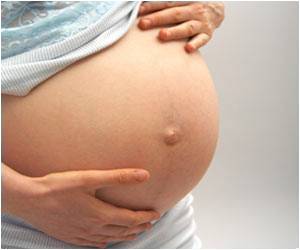
‘Expectant mothers who eat a high-fat and high-sugar diet have a high risk of impacting the fertility of their female offspring.
’
Tweet it Now
"Infertility can have devastating impacts on individuals and families, and our study will help to better identify women who are at risk of experiencing problems with their fertility," said Catherine Aiken, a researcher involved in the work from the University of Cambridge Metabolic Research Laboratories and MRC Metabolic Diseases Unit at the Institute of Metabolic Science in Cambridge, United Kingdom. "We hope to be able to devise ways to maintain future fertility for children who faced a very difficult nutritional environment in the womb." To make this discovery, Aiken and colleagues used mice fed either a high-fat and high-sugar (obesogenic) diet or a normal healthy diet during pregnancy. After which, their female offspring were weaned onto the same obesogenic diet or normal diet.
The results showed low egg reserves in all of the daughters whose mothers ate a high-fat and high-sugar diet, regardless the daughters' diet. To find the cause of the low egg reserves, researchers examined the ovaries of the daughters and discovered changes that disrupted the normal protection against damaging free radicals in the ovaries, as well as energy production.
"It has of course long been known that the intrauterine environment is critical and also that maternal nutritional deprivation in particular can have very adverse effects on the offspring," said Thoru Pederson, Editor-in-Chief of The FASEB Journal. "However, this study shows that caloric excess also has adverse consequences and that to the extent the effect is reduced ovulation, it constitutes a transgenerational defect that would be evolutionarily severe. Although rodent models can be different, it seems likely these finding would translate to the human and indeed such studies seeking this correlation would be highly warranted."
Advertisement














